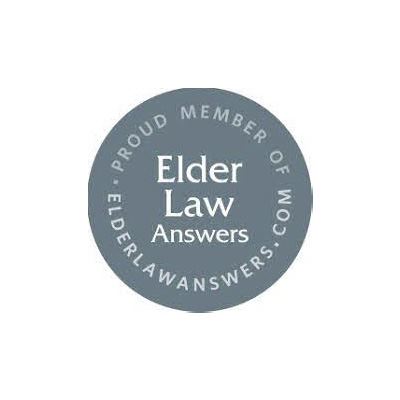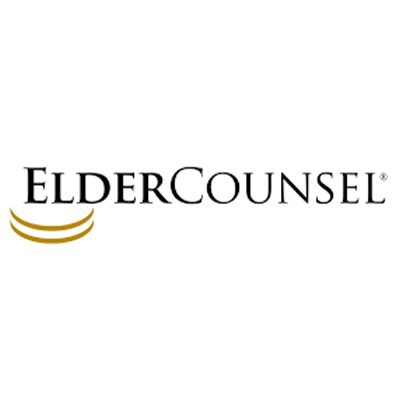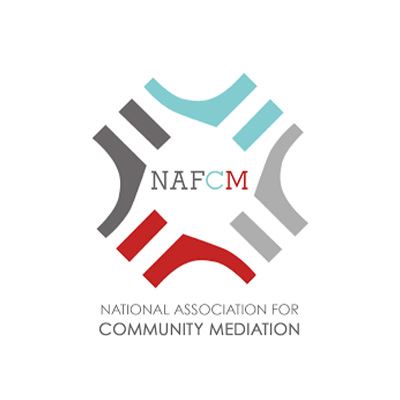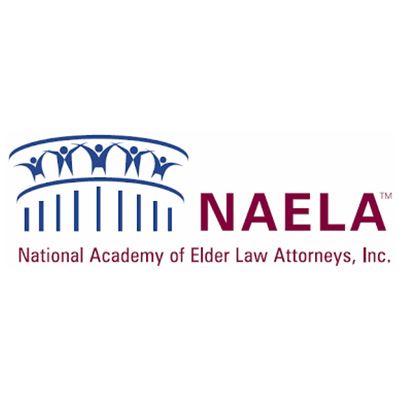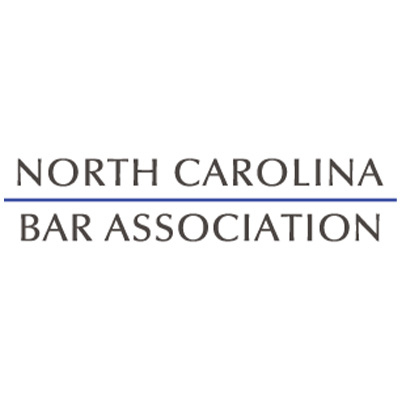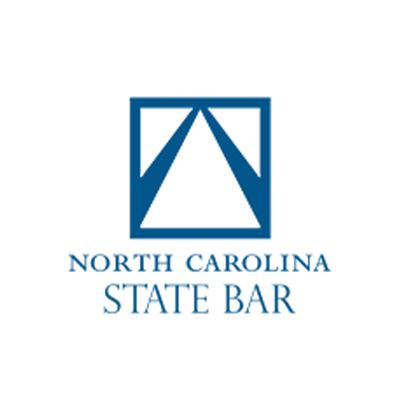
Charlotte Trusts Attorney
Types of Trusts & How They Are Used
Many people are familiar with the concept of a trust, but few know the different types of trusts and how they are best utilized. Although there are multiple special-use trusts, all trusts fall into one of two categories: revocable trusts and irrevocable trusts. To determine which type of trust you may need, the first step is understanding the difference between the two types of trusts.
Speak with the Charlotte trusts attorney at the Law Office of Kelli Y. Allen, PLLC today to learn more. At our firm, we provide personalized legal counsel and assistance with all aspects of elder law. Our goal is to help you plan for your future and the future of your loved ones.
Get in touch with our legal team today for a consultation! Call (704) 870-0340 or use our online contact form to get started.
Revocable (Living) Trusts
A revocable (living) trust allows for a technical change of ownership (from the individual name to the trust name) but does not alter the control the individual has over the property. All assets held in the name of the revocable trust are completely accessible by the grantor (person creating the trust). Instead of being titled in the name of John Doe, for example, the assets are titled in the name of the trust (ex. John Doe Living Trust).
In this situation, John Doe can still withdraw funds, sell the property, and do everything with the assets that he could while they were in his individual name. But, instead of acting as an individual, he is acting as the trustee (administrator) of the trust. If at any point John Doe wishes to dissolve the trust or move trust property back to his individual name, he is free to do so.
A living trust is frequently used as a means of avoiding probate. Rather than having property distributed under the terms of a will at the time of death, the property remains in the trust to be distributed according to the terms dictated by the individual who set up the trust.

Whether you have questions or you're ready to get started, our legal team is ready to help. Complete our form below or call us at (704) 870-0340.
Irrevocable/Medicaid Asset Protection Trusts
An irrevocable trust is one in which the grantor (person creating and funding the trust) cannot access trust assets. Rather, the grantor places assets in the trust and designates lifetime beneficiaries who are allowed to access the trust property during the grantor’s lifetime, as well as terms for distributing property at the time of the grantor’s death.
At first, this may sound counterintuitive, as the grantor loses the ability to personally utilize, sell, or in any way disturb his/her property. However, this restriction is what makes this trust useful for Medicaid planning. Property that is held in a properly designed irrevocable trust is not countable for Medicaid purposes. So, although Medicaid requires the applicant to have no more than $2000 in assets to qualify, the applicant can have unlimited property in the irrevocable trust because that property is not legally considered the property of the applicant.
There are numerous rules that must be followed when designing an irrevocable trust and many factors to consider. The timing of the transfer of property to the trust is extremely important. Executed properly, however, the irrevocable trust is one of the best ways to protect and preserve assets in the event that an application for long-term care Medicaid becomes necessary.
Let the Law Office of Kelli Y. Allen, PLLC Help You
Trusts can play an important role in long-term care planning but should be carefully considered and utilized in conjunction with a well-developed comprehensive plan. Our Charlotte trusts lawyer will gladly assess your situation and recommend how trust creation may be beneficial for you.
Contact our offices today at (704) 870-0340 for a consultation.

Real Testimonials, Real Cases
-
Excellent & welcoming team!
Ryan Sweeny -
"Working with Kelli Allen Immigration Law has been a phenomenal experience!"M.L.
-
My experience with Kelli Y. Allen Immigration was great !
Jasmin S.


